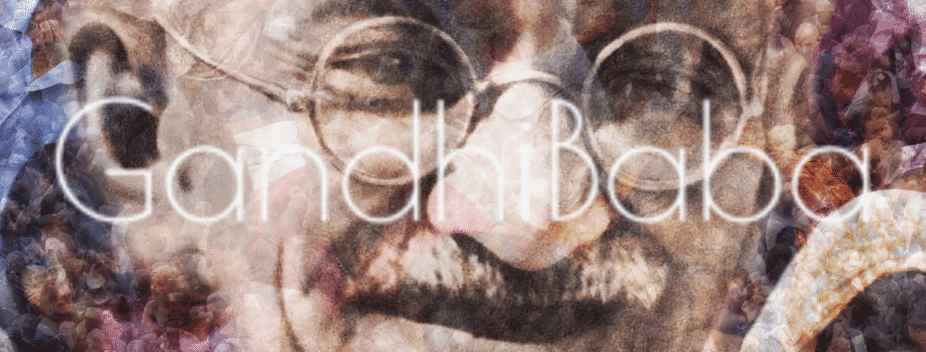
A.E Housman was a British classical scholar and poet. He was best known for his remarkable work A Shropshire Lad, a collection of poems focusing on the disappointment of youthful life. To An Athlete Dying Young is one of the poems in Housman's fine collection.
To An Athlete Dying Young is a peom addressed to a young athlete who died prematurely, at the peak of his career. Instead of considering the sudden death of the athlete as a tragedy, the narrator takes, perhaps as a consolation, an entirely different perspective about death.
Interestingly, the narrator praises the athlete for dying young when the memories of the athlete's laurels are still quite fresh in the minds of everyone. In short, the narrator implies that it is a good thing to die young when one's fame and achievements are still on the lips of everyone. The narrator thinks the dead lad is smart for dying young.
Smart lad, to slip betimes away
From fields where glory does not stay,
And early though the laurel grows
It withers quicker than the rose.
This is because the narrator believes that there is no point dying at old age when one's fame and achievements would have been forgotten while one is alive. Therefore, the athlete's death ought not to be mourned because he would not live to see his record broken.
Eyes the shady night has shut
Cannot see the record cut,
And silence sounds no worse than cheers
After earth has stopped the ears.
Here is the full poem. I hope you'll find it quite interesting:
To An Athlete Dying Young
The time you won your town the race
We chaired you through the market-place;
Man and boy stood cheering by,
And home we brought you shoulder-high.
Today, the road all runners come,
Shoulder-high we bring you home,
And set you at your threshold down,
Townsman of a stiller town.
Smart lad, to slip betimes away
From fields where glory does not stay,
And early though the laurel grows
It withers quicker than the rose.
Eyes the shady night has shut
Cannot see the record cut,
And silence sounds no worse than cheers
After earth has stopped the ears.
Now you will not swell the rout
Of lads that wore their honours out,
Runners whom renown outran
And the name died before the man.
So set, before its echoes fade,
The fleet foot on the sill of shade,
And hold to the low lintel up
The still-defended challenge-cup.
And round that early-laurelled head
Will flock to gaze the strengthless dead,
And find unwithered on its curls
The garland briefer than a girl’s.
- References
https://owlcation.com/humanities/A-E-Housmans-To-an-Athlete-Dying-Young
https://www.enotes.com/topics/an-athlete-dying-young/themes
SUPPORT CORNER

Kindly follow the peerless vocabulary lessons delivered by @majes.tytyty and get rewarded with some upvotes for your participation.
Are you a minnow and you're already thinking of giving up on Steemit? Please don't quit. Kindly follow @Steemitcentral and use the steemitcentral tag in your posts to get some upvotes.

I am @gandhibaba, the young man who goes about carrying his magical pen, not his gun, in his pockets.
.gif)
Gif courtesy of @artzanolino
Thanks for using eSteem!
Your post has been voted as a part of eSteem encouragement program. Keep up the good work! Install Android, iOS Mobile app or Windows, Mac, Linux Surfer app, if you haven't already!
Learn more: https://esteem.app
Join our discord: https://discord.gg/8eHupPq
I'll take old and forgotten any day.
Hahaha me too. Thanks for stopping by.
Is death the crown of life?
According to the author, that boy had a brilliant destiny for dying young. So he could not see his dreams and achievements broken by someone more capable.
I think it's a very biased and conformist vision. A case the great teachers who changed the history of humanity and died at an advanced age did not leave a valuable legacy? Would it have been better if Siddhartha Gautama had not lived 80 years?
Anyway dear @gandhibaba you did not tell us your interpretation of the poem. Do you want to let us know?
Thanks for this great comment, Piotr. Literature mirrors the society. Usually, dead is a tragic event. But in this poem, the narrator advances the view that death, especially dying young, has its advantage if the deceased person is an achiever.
The narrator believes that ultimately everyone will die and that it is better to die when the ovation is loudest instead of living old to see one's achievement die before one is buried.
Personally, I do not support the view of the poem. However, I find it insightful and this could be a consolation to the family of the bereaved. Good to always read your comment, friend.